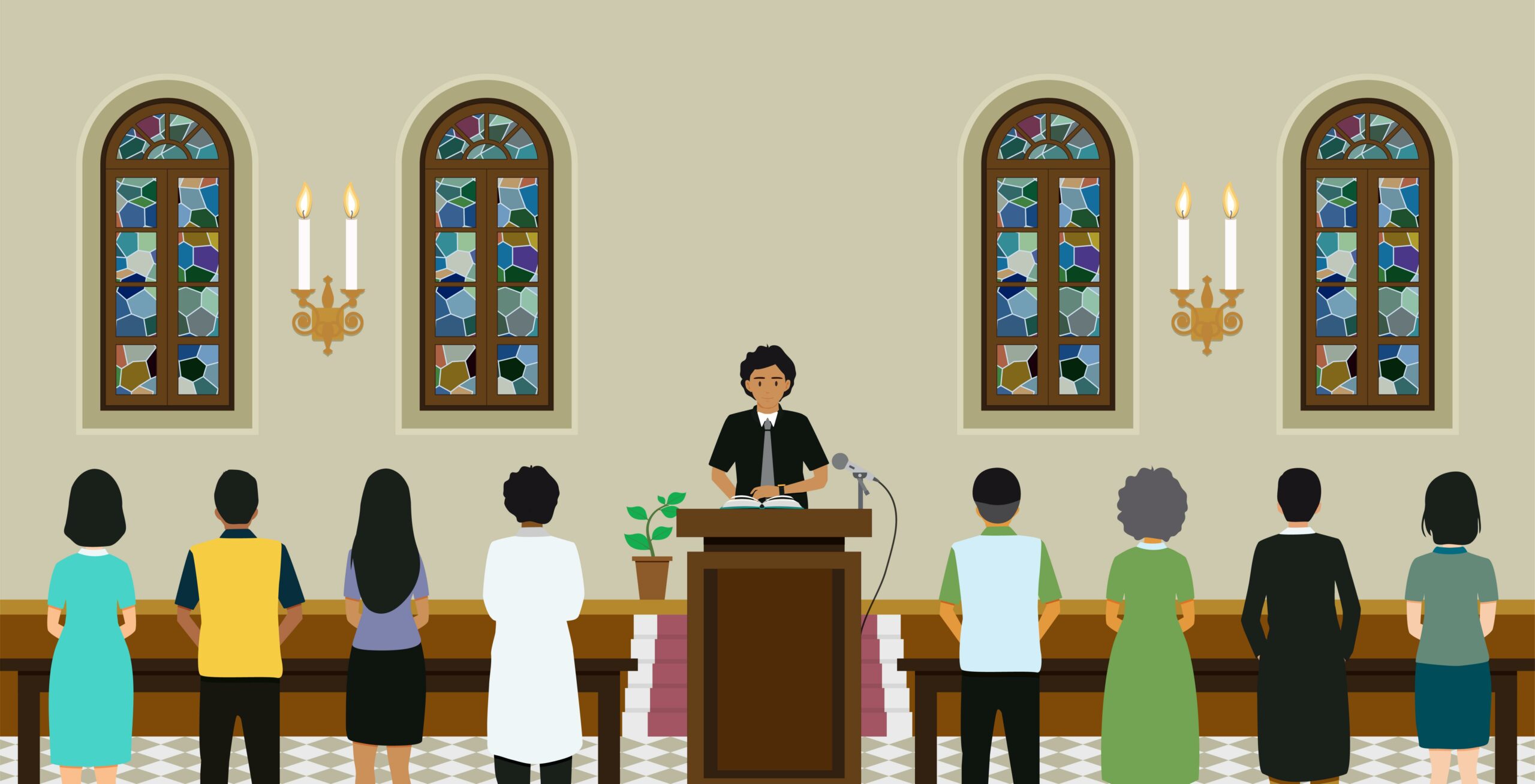Role of Spirituality and Religion
Role of Spirituality and Religion
Relying on spiritual and religious beliefs is a common way to cope with loss. An essential question in grief counseling is always: In what ways do your spiritual beliefs help or hinder you as you cope with your loss?
There is limited research on the spiritual or religious beliefs of autistic individuals. What little research there is suggests that autistic people vary in their spiritual and religious beliefs, much like the population. Some people may be highly religious while others may not follow traditional religious teachings but do sustain a deep spirituality. Many people, autistic and neurotypical, define themselves as agonistic or atheistic, while many experience a deep spiritual connection with nature.
Spiritual and religious differences can exist within families and those differences should be respected. No one should be forced to participate in religious activities that make them uncomfortable. Some autistic adults interviewed by the creators of this website said that while they were religious and wanted to be connected to a faith community, they had never felt welcomed by that community and therefore avoided attending services.
Communicating through speech is not a requirement for spirituality; autistic people who are non-speaking may have a profound spirituality expressed in ways unique to them. For example, Abe Isanon (2001), the author of Spirituality and the Autism Spectrum: Of Falling Sparrows suggests that some adults on the autism spectrum may process and express their spirituality in images and symbols rather than words.
Difference between Spirituality and Religion
The role of spirituality and religion in grief can be significant for some and completely insignificant for others. For many, loss can be a spiritual crisis that challenges meaning and connectedness. We may wonder why our loved one had to die, why they had to die the way they did, what happens after death, and what that means for us. These are all deeply spiritual questions.
Spiritual and religious beliefs can sometimes facilitate our ability to cope with the loss and at other times they can complicate our grief. There is a difference between spirituality and religion (although many people interpret them as interchangeable).

Usually defined broadly as a way of finding meaning and connectedness in the world. We can be spiritual without adhering to a particular religious faith.

A set of beliefs and practices shared within a community of people. In some cases, our religion may solely define our spiritual beliefs and experiences.

Religious Language Can be Confusing
People in religious and/or spiritual settings often say things that are confusing to a person with autism. This may include euphemisms such as “He’s gone to a better place” or “She’s gone home to be with Jesus.” These are meant to be comforting but may be confusing.
Unhelpful comments could include suggesting that the deceased person did something wrong and was being punished, or that if they were more faithful they would have been healed. Sometimes these people simply are trying to answer their own questions of why a death happened or want to share their own reasoning about the death. Remember that asking “why?” and mourning are just as much a part of the grief process and of faith traditions as are hope, presence, love, and comfort.
Suggestions for Helping Your Autistic Loved One
Regardless of the method of communication used by your autistic loved one, you can explore their faith or religious beliefs as resources to help cope with their grief. The following support techniques for neurotypical individuals can also be helpful in supporting autistic adults:
- Beliefs — Religious beliefs may seem illogical to autistic people who are concrete thinkers. If religious practice involves symbolic or supernatural rituals, it may be helpful to ask: “Are there beliefs or things that people have said that confuse you?”
- Practices — Most faith traditions employ practices such as music and hymns, prayer, meditation, or reading scripture or other sacred words. “Are there some practices you might want to try?”
- Rituals — All cultures and faith traditions have rituals around dying and death, which many people find helpful for processing and expressing grief. Many faith practices and rituals have a repetitive quality that some autistic individuals may find comforting. Discuss the details of rituals that are planned with your loved one and offer choices to help them decide whether and how to be included. If they decide not to participate in traditional rituals, suggest alternative ways they can honor and remember the person who died. You may want to ask, “Is there a special way you would like to remember the person who died?”
- Other Aspects of Spirituality — People access spirituality in a number of ways, such as by spending time in nature, through connections with pets and other animals, or through music and art. You can help your loved one renew or discover new ways to connect with their spirituality by suggesting these approaches. For example, you could ask, “Would you like listen to special music?”
Supporting Someone Who is Non-Speaking
As noted above, spirituality can provide comfort after loss for anyone, but loss can also challenge long-held beliefs. To support someone’s spirituality when verbal words are not available:
- Observe differences in behavior—as well as what seems to offer comfort—as they adapt to the loss. As in other situations, allow their behavior to inform you about your loved one’s needs and how they are grieving.
- Demonstrate your support through touch, pictures, music, and rituals.
- Use their communication techniques to explore feelings around death, death rituals, and spirituality.
- If appropriate, seek assistance from a faith community or trusted clergy person. This website’s section for clergy can help.
- With your loved one’s permission and input, enlist the support of friends. Friends can be immensely helpful to anyone who is grieving.
Some people find social stories helpful. Click here for social stories about grief that you can download to read, print, or share.
